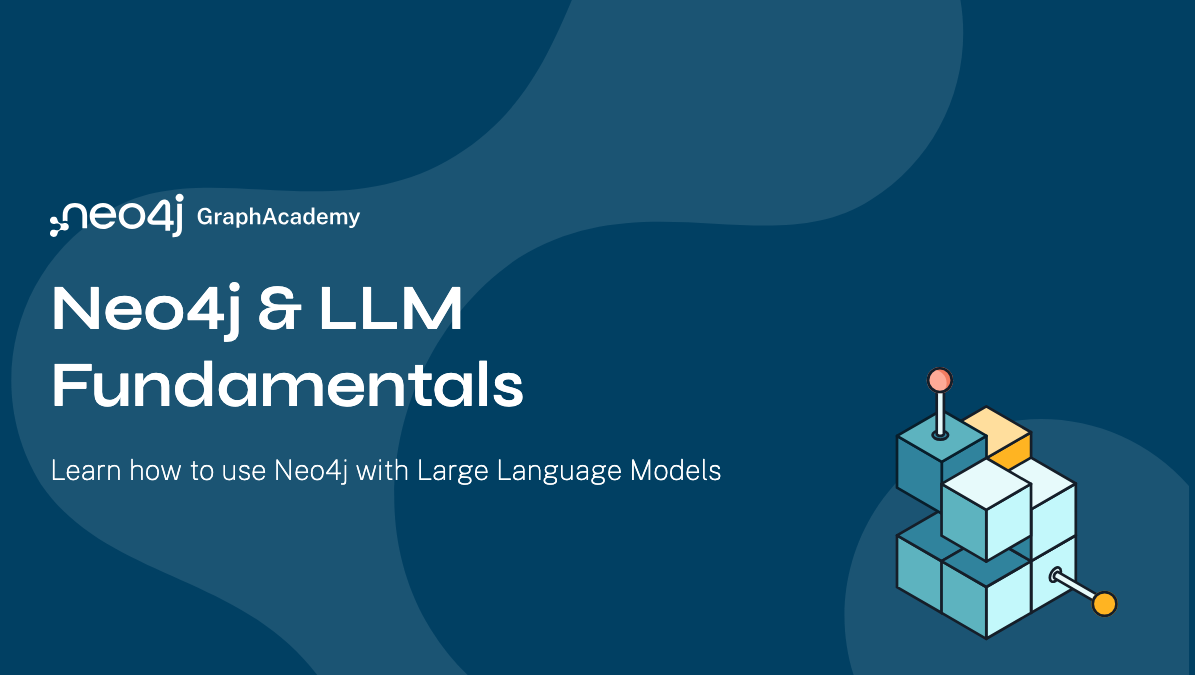GraphRAG Developer Guide

Graph databases provide unmatched data organization, flexibility, and standardization, making it easy to write diverse queries and answer more questions. GraphRAG (retrieval-augmented generation with graphs) extends these benefits to AI, enabling developers to build more accurate, agile, and extensible GenAI apps and agentic systems. Use these resources to get started today!
How to Get Started
-
For a high level overview, have a look at neo4j.com/genai
-
To build a knowledge graph from unstructured data, such as text documents, see Creating Graphs From Unstructured Data. You can also experiment with the LLM-Knowledge Graph Builder, a reference UI implementation built on top of Neo4j and LangChain integrations.
-
If you want to learn more, take one of the GenAI GraphAcademy courses or have a look at the below Example Projects & Use Case Applications
-
Pick your GenAI framework of choice and start building your own GenAI applications with Neo4j.
GraphAcademy Courses
If you want to learn how LLMs and Knowledge Graphs combine to improve GenAI applications, check out the Neo4j & LLM courses on GraphAcademy.
Example Projects & Use Case Applications
Explore these projects to see how GraphRAG is applied in GenAI & agent workflows, various use cases, and integrations with specific cloud service providers.
Neo4j GenAI Product Features
Neo4j has a number of features & product supported tools to make it easier to build GenAI applications and integrate LLMs with knowledge graphs.
GraphRAG Ecosystem Tools
In Neo4j Labs we built a number of tools to demonstrate the power of combining graphs with LLMs. These tools are open source, you can use and contribute to them or learn and build your own.
GenAI Frameworks
Neo4j and our community have contributed integrations to many GenAI development frameworks. You can find overviews of these integrations here, as well as code examples, tutorials and more. Popular frameworks include:
